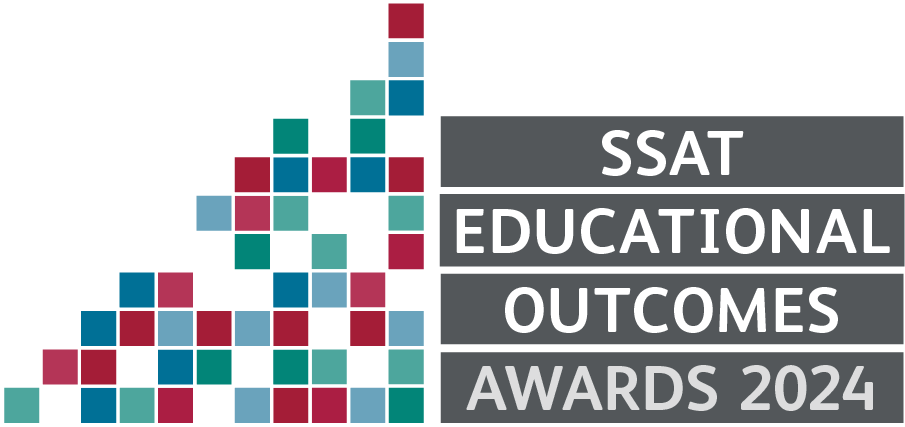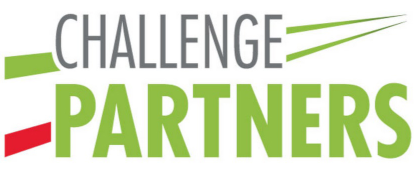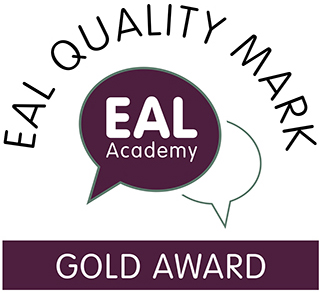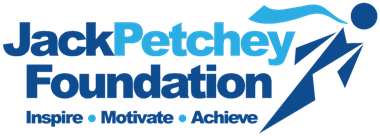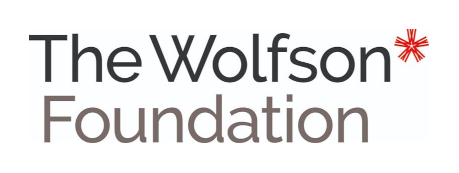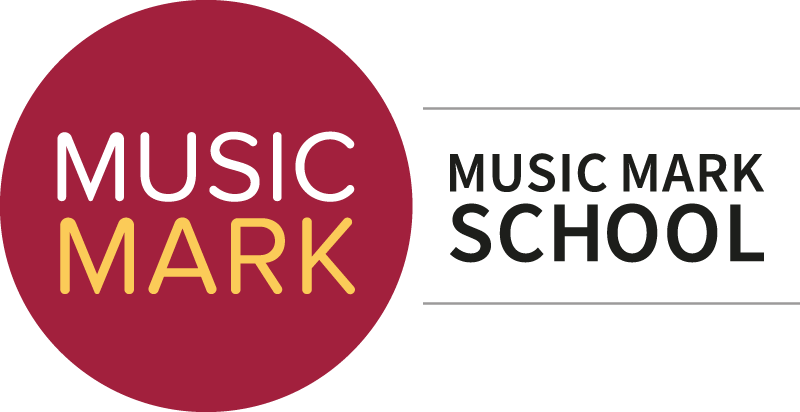Music
Why study Music?
To be musically literate and to have your own musical identity is core to the curriculum of music at Barnhill. When students can hold a conversation with another musician when talking about their own and others music, they will be musically literate. When students can write their own music which evidences their musical fingerprints, and is distinctly their own music, they will have a musical identity.
Programme of Study
Year 7 study core musical skills of rhythm, singing, piano skills, musical structure, melody and harmony. Year 8 develop these core skills and explore improvisation and ensemble musicianship skills in depth. They also explore familiar concepts in different contexts, looking at blues, raga, reggae, film music and popular styles. Year 9 then continue to build on these core skills and contextual knowledge by using them as a professional musician might, writing their own song, performing in a rock/pop band, studying a band jazz performance piece and music production. This all leads to GCSE and A-Level study, where students are expected to perform in groups, perform alone, compose in a range of genres/styles and listen to music discerningly.
Useful Resources
Focus on Sound is used in the school for all homework and is a great resource for revision. Students also receive a music booklet each year, which contains everything they need for lessons.
GCSE follows the Eduqas exam board, textbooks for which can be found here.
Homework
Homework at KS3 is set every 2 weeks. All homework is set via Focus on Sound. Students are given opportunities in the 2 weeks to complete their homework inside the music department if they are unable to complete it at home.
Enrichment Opportunities
Music Development Plan
|
Detail |
Information |
|
Academic year that this summary covers |
2024-2025 |
|
Date this summary was published |
26/06/2024 |
|
Date this summary will be reviewed |
31/07/2025 |
|
Name of the school music lead |
Rob Taylor |
|
Name of school leadership team member with responsibility for music (if different) |
Jaslyn Panesar |
|
Name of local music hub |
Hillingdon Music Service |
|
Name of other music education organisation(s) (if partnership in place) |
N/A |
This is a summary of how our school delivers music education to all our pupils across three areas – curriculum music, co-curricular provision and musical experiences – and what changes we are planning in future years. This information is to help pupils and parents or carers understand what our school offers and who we work with to support our pupils’ music education.
PART A: Curriculum Music
This is about what we teach in lesson time, how much time is spent teaching music and any music qualifications or awards that pupils can achieve.
|
The Barnhill music department is incredibly proud to be the first lead school for music in the London Borough of Hillingdon, a position that we currently hold for the 2024-2025 academic year. Barnhill publishes a music curriculum for each year group online, accessible via its website. Students access 1 hour of music per week across Key Stage 3, and 2.5 hours of music at KS4. The whole curriculum is guided by a mission statement and a set of core principles. Our mission statement is: “To be musically literate and to have your own musical identity is core to the curriculum of music at Barnhill. When students can hold a conversation with another musician when talking about their own and others music, they will be musically literate. When students can write their own music which evidences their musical fingerprints, and is distinctly their own music, they will have a musical identity.” Our core principles:
Our curriculum in brief is built on a set of key learning aims as students’ progress through their music education with assessment and general practice drawing on advice and guidance from the model music curriculum as well as wider music education research. Some examples of progression of skills:
The core teaching is carried out on piano and through singing. Some learning is also carried out through sequenced realised performance using a computer DAW. SEND students are well supported in music lessons through quality first teaching and several support methods that are applied to the whole class, such as use of technology to aid modelling and understanding, or minimising lengthy periods of instruction. Where a need is greater than this can cater for, bespoke measures have been put in place, such as utilising screen magnifiers for students with poor vision or making use of chord trigger tools for students with reduced motor function to allow them to play in ensembles. This is well supported by the SEND department within the school, such as with the use of learner profiles to ensure teaching caters fully for the needs of students. For students continuing music post-KS3, Barnhill offers the Eduqas GCSE Music qualification. All peripatetic teachers give the option for students to study towards graded music examinations at all ages, delivering their own preferred qualifications that suit the needs of the students they teach. |
PART B: Co-curricular Music
This is about opportunities for pupils to sing and play music, outside of lesson time, including choirs, ensembles and bands, and how pupils can make progress in music beyond the core curriculum.
|
Our department is well supported by 3 peripatetic teachers delivering tuition in 4 instruments (drums, guitar, piano and voice). These teachers are employed directly by the school and lessons are offered for free to children and families thanks to a subsidised music programme in the school. Lessons are 30 minutes and one-to-one. Classroom music teachers also offer extensive extra-curricular opportunities for students, including a choir, two rock bands, two keyboard clubs and a music theory support group. This offer changes and adapts each year to students’ interests and wishes. Our 8 practice rooms and recording studio are open to student bookings, with informal music making opportunities utilised by students to work in ensembles without teacher guidance. All of this is offered free of charge to students and families, with most clubs being open to all students across all year groups. After recently replacing all pianos in the department, we offered the old pianos to family homes free of charge allowing our low income families to benefit from access to an instrument at home. |
PART C: Musical Experiences
This is about all the other musical events and opportunities that we organise, such as singing in assembly, concerts and shows, and trips to professional concerts.
|
We hold 3 school concerts across the school year. To properly serve the demographic of our local area, tickets are offered for free to parents and the wider community, with the opportunity for them to donate to the department if able. We regularly see 100 or more attendees at the events, making it the largest public-facing extra-curricular event in the school each term. We seek out opportunities for students to perform outside of school, which further supports the school concerts that we hold each year. These other performance opportunities have included a cross-school event organised by Hillingdon Music Service at the local Beck Theatre, the annual Mayors Picnic in the Park, as well as an annual Summer Fair hosted at St Edmunds (a local church close to the school). We have had professional musicians visit the school to perform to students, as well as to offer workshops to students in classrooms. We take a group of year 7 students to the Royal Albert Hall each year to experience live music. Our year 10s attend the Southbank Centre’s Royal Festival Hall each year to see a live orchestra. We also seek out other live music opportunities as often as possible. For a large number of students on these trips, this is the first time they have been to see live music. |
In the future
This is about what the school is planning for subsequent years.
|
Whilst Barnhill currently meets or even exceeds the 7 main features of high-quality music provision outlined in the National Plan for Music Education, we do wish to continue to push beyond this and improve our offer year-on-year. Some areas for development have been highlighted. The following are the current aims and priorities for us as a music department and school moving forwards:
|
Further information (optional)
|
Barnhill is a part of the Middlesex Learning Partnership, a multi-academy trust comprised of 3 schools. The music department has strong links with the local music hub (Hillingdon Music Service), and the Curriculum Leader for Music is also a member of the Music Teachers Association, drawing on the wealth of CPD and support that this professional association offers through their annual conference and through regular CPD opportunities. |


